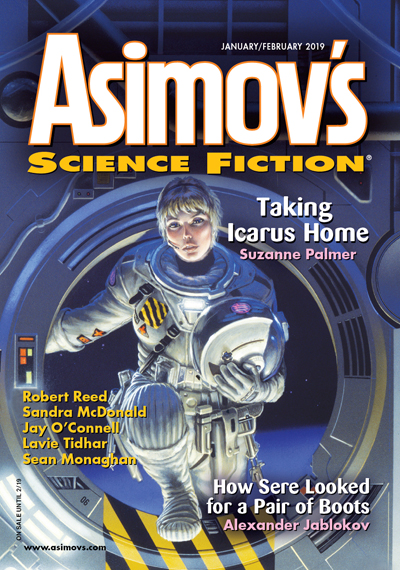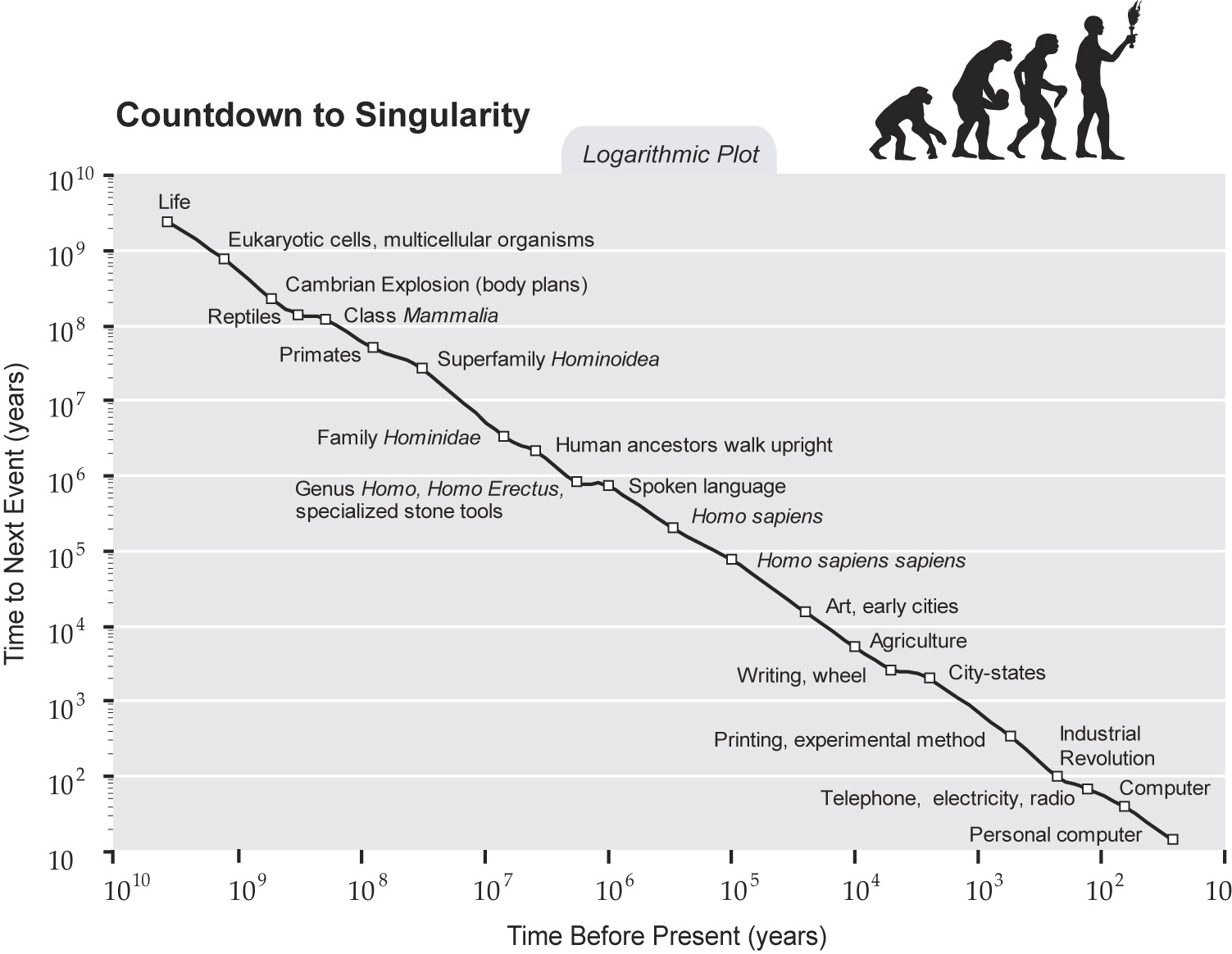I was talking about having recently digested Neil Bostrom’s Superintelligence: paths, Dangers, Strategies with my friend Erica Satifka and she mentioned, “Reminds me of Roku’s Basilisk,” to which I said.
“What’s that?”
I’m not going to tell you what she told me, you’ll have to google it yourself or preferably read my story.
The Gorgon is an idea story, but written in the modern way, where the idea is basically a kind of casting call for the characters and plot to compliment the idea.
Not the characters and plot to dress the idea up in a thin layer of prose, you see. That’s the old way.
One of the things about the old way was the casting process. Who will reveal this idea? Some guys like me and the readers. White. Middle-class. American. Boom. There’s your story. You’re welcome.
Some of these old fans are now, frankly, pissed, when a story’s POV is, say, a woman.
“What about this story requires the POV to be a woman?” They sometimes say. Innocently. Not Getting It.
What about a story requires POV be a man… they don’t ask, because that was the default. Why are you shifting the default? Some ask innocently; mostly, now, this is followed by something about SJWs and Virtue Signaling.
Anyway. Nowadays, when I do my mental casting call for the story, the usual effortless white male het cis middle class dudes all show up…. but I try to search the crowd for someone more interesting.
There’s two ways that someone more diverse can be interesting.
One, their diversity echoes some metaphorical subtext you are working with.
Two. It doesn’t.
When it doesn’t, you’ve flipped the default… just because. Because fuck the default.
So this was an idea story… and here’s the spoiler alert.
I made the characters presumably white middle class… bisexual / pansexual though neither character overtly identifies as either.
I have compassion for both these characters, one loosely based on a guy I worked with in the tech bubble, the other a friend who worries about being a sociopath. Mixed with other people blah blah blah, you know, standard drill, these aren’t direct portrayals but there are real things in here.
Where did these character’s sexuality come from? Am I virtue signaling?
No, because these characters aren’t model citizens. One is casually racist; one is unreadable, as everything he says he says to manipulate.
Am I saying that sexual minorities are sociopaths and racists? No.
The idea story casting call required these types, these kinds of people. But I let diverse characters be cast anyway.
When both my kids came out as GLBTQ my family made the conscious choice to seek out more friendships and relationships with potential role models. These minorities became part of my internal landscape through a thousand meetings and stories and books. So they emerge in my stories, more often than the one in ten rate that one might expect, were fiction to be a demographic mirror.
Am I allowed, with my identity, to portray a diverse character negatively? That’s the issue isn’t it? Do I reveal hidden and implicit bias by doing so? Or, have I reached a place where my diverse characters are no longer cardboard model minorities, GBLTQ BFFS, and other assorted forms of window dressing?
I don’t know. I don’t get to know. Seems like I gotta do it though.
If you’re a spec fic writer, who seeks to write about Others like aliens, fairies, ghosts, AIs, seems like you oughta be able to write women, POC and GLBTQ beforehand. I mean. If you won’t investigate and portray the variety of lived experience within your own species…
Anyway. Hope you like the story. I run the risk of alienating old fans with the flipped default, and new fans, with the non-model-minority portrayal. The only way out of the box is to do a very good job. Do it right.
Hopefully I managed that. Asimov’s thought I did. So I’m going to keep trying. Keep flicking away from the default. Trying my best.
That’s the idea.

